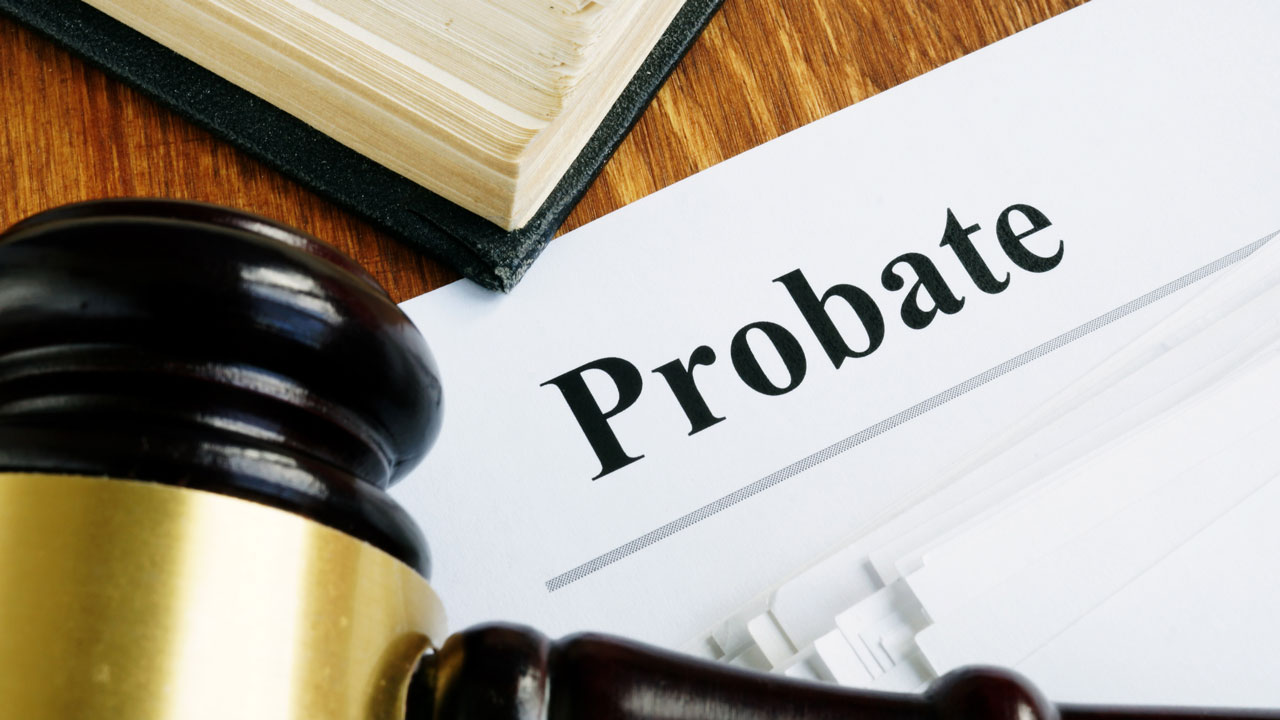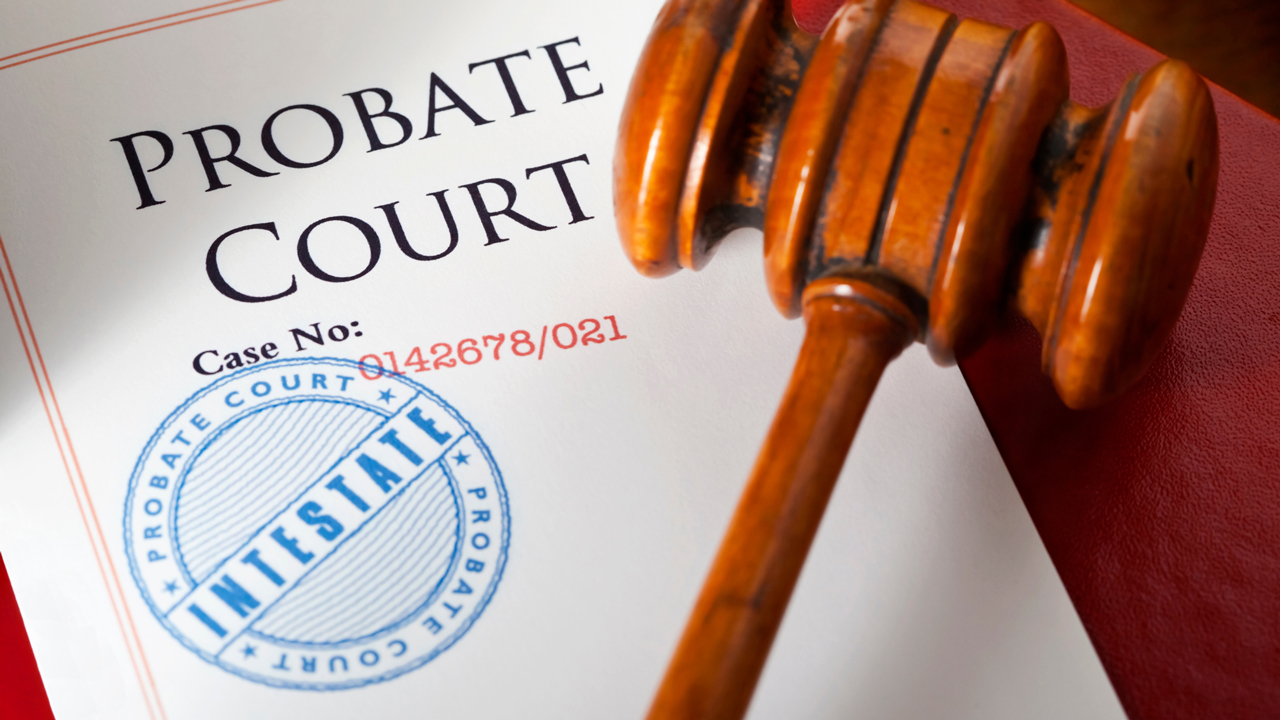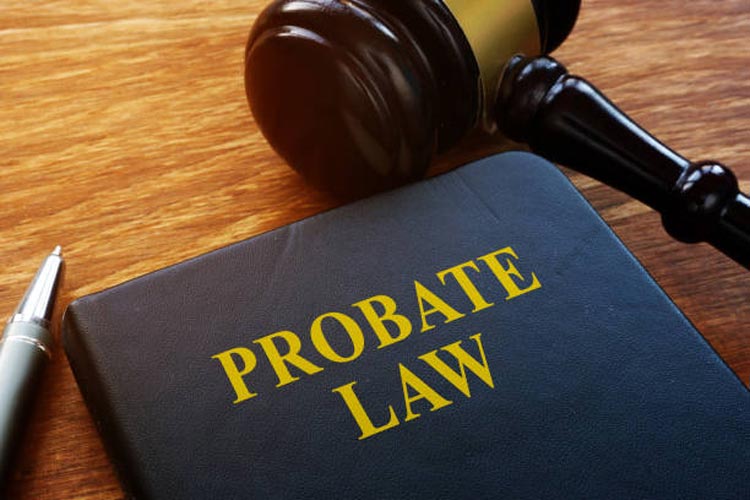An estate planning attorney can keep property and assets out of probate court if given time before the passing of a loved one. Unfortunately, for those who passed on unprepared, probate may be inevitable and would require help from a probate attorney Orange County.
Probate court proceedings in California can be costly, time-consuming, and stressful. Fortunately, there are several different avenues individuals can take to avoid this process. Let's take a look at the most commonly used methods.
What Is Probate?
Probate is the settling of an estate through the courts following a person's passing. Whether the person had a will or died intestate—meaning without a will, the estate must go through probate so that any titles can be taken out of the decedent's name and placed into the beneficiaries' names.
Why Do You Want to Avoid Probate?
If at all possible, it is best to avoid probate for several very important reasons.
- Time-Consuming. Probate takes time. The court process requires massive paperwork, filings, hearings, estate inventory, creditor claims, and petitions. As with most court processes, delays and prolonged waiting periods are common. In California, probate proceedings can take anywhere from 9 to 24 months, or longer.
- Expensive. Probate fees are determined by the value of the estate. Fees are paid to the executor, attorneys, and the court. Should any discrepancies or family disagreements erupt, costs can increase substantially with the subsequent hearings and delays. In the end, the beneficiaries can lose a substantial amount of the assets the decedent intended for them.
- Loss of Privacy. Any documents filed with the court are considered public records. Asset evaluation and intended beneficiaries will be made available for public review.
- Loss of Control. A judge will make the ultimate decisions regarding asset distribution.
If there is no will, and no guardianship directives, they will also decide who will care for any minor children.
Should you find yourself facing probate proceedings, call an estate planning lawyer Orange County to help you through this complicated process.
How Do You Avoid Probate?
There are several actions one can take to avoid probate and transfer the ownership of assets.
Living Trust
In California, almost any asset can be held in a living trust. These assets include real estate, vehicles, valuable personal property, bank accounts, stocks, and even small business interests.
A living trust must be funded with these assets. Once this occurs, the trust owns these assets, and a trustee is designated to manage them.
Generally, this person is the grantor until they pass. At that point, a successor trustee takes over and manages the assets until they are distributed to the beneficiaries. Because the trust owns the assets, no probate is necessary.
There are two types of living trusts, revocable and irrevocable. An estate planning lawyer Orange County can help you determine the estate plan that is best for your particular situation.
Joint Ownership
Joint ownership commonly occurs with spouses that own a home together. Any community property jointly owned that includes the right to survivorship means that the surviving owner automatically owns the property if the other partner should pass on.
In California, joint tenancy also automatically passes to the surviving owners. It can apply to real estate, bank accounts, vehicles, and other valuable property. Each owner must own an equal share of the asset.
Payable-on-Death Designations
Bank accounts with a designated payable-on-death allow the named beneficiary to claim the account, and the money it contains, without going through probate.
The beneficiary has no access to the funds until the passing of the original owner.
Transfer-on-Death
California Law allows individuals to name a beneficiary for their vehicles. This occurs by registering a vehicle at the Department of Motor Vehicles (DMV) with a transfer on death (TOD) registration. The beneficiary automatically inherits the vehicle after the owner's passing.
A TOD registration form can also be used for stocks and bonds. Upon the original owner’s death, the beneficiary works with the brokerage company, transferring the account directly to them and avoiding probate.
This form of transfer also works for real estate. TOD or beneficiary deeds allow owners to sign and record the deed before their death to a beneficiary. They attain all rights and can sell the property or revoke the deed at any time.
The beneficiary does not retain rights to the property until the death of the original owner.
Small Estate Probate Procedure
In California, if the decedent's real and personal property does not exceed $166,250, the estate can avoid probate. Several restrictions apply to this procedure.
The value limit is based on all of the personal and real property and does not consider the money owed on the property. Additionally, an estate is not eligible for small estate probate procedure if administration proceedings are pending, unless a representative approved the process in writing.
After a 40-day waiting period, the beneficiaries or heirs can usually settle the estate.
When Is Probate Required?
There are certain situations that require probate procedures. If a person dies intestate and owes creditors—probate is required in order for the creditors' claims to be evaluated.
The probate process requires creditors to file their claims within a certain time period. If creditors are not notified and the court does not evaluate their claims, they can take years, in some cases, to file their claims against the beneficiaries who received the estate's assets.
Some other circumstances that may warrant probate include pending lawsuits or litigation against the deceased, or a claim such as wrongful death.
If the person had minor children and did not leave a will with guardianship instructions, the courts must oversee the placement of the child. In these cases, the judge decides who will care and take responsibility for the child or children.
If the person created a trust but did not fund it before their death, probate is required.
Probate can be confusing and costly. Be sure to contact a probate attorney in Orange County if you're facing these types of proceedings.
Find the Right Orange County Estate Planning Attorney
The good news is that probate can be avoided with the right estate planning attorney.
We offer a variety of estate planning services that can help families stay out of the probate courts and ensure that they receive the assets and property the family has worked hard to obtain.
For a complimentary consultation on how to avoid probate in California, contact us at McKenzie Legal & Financial today.











